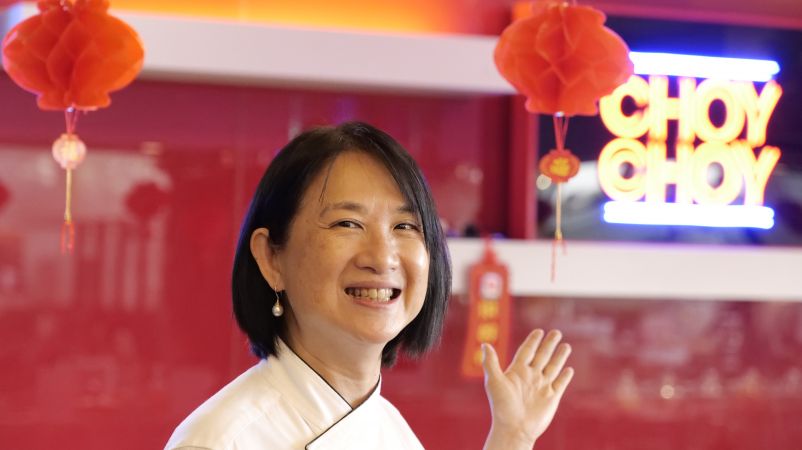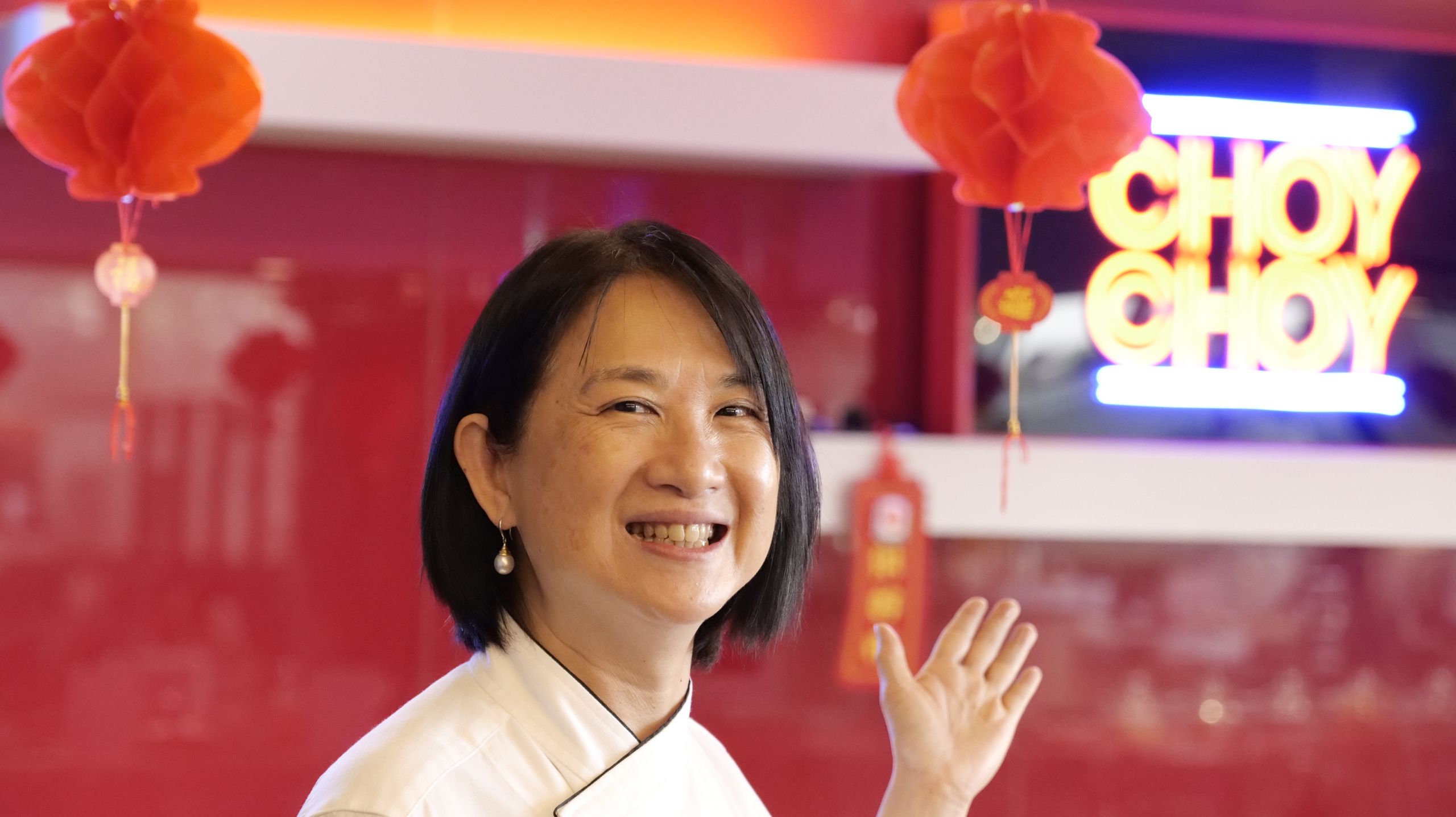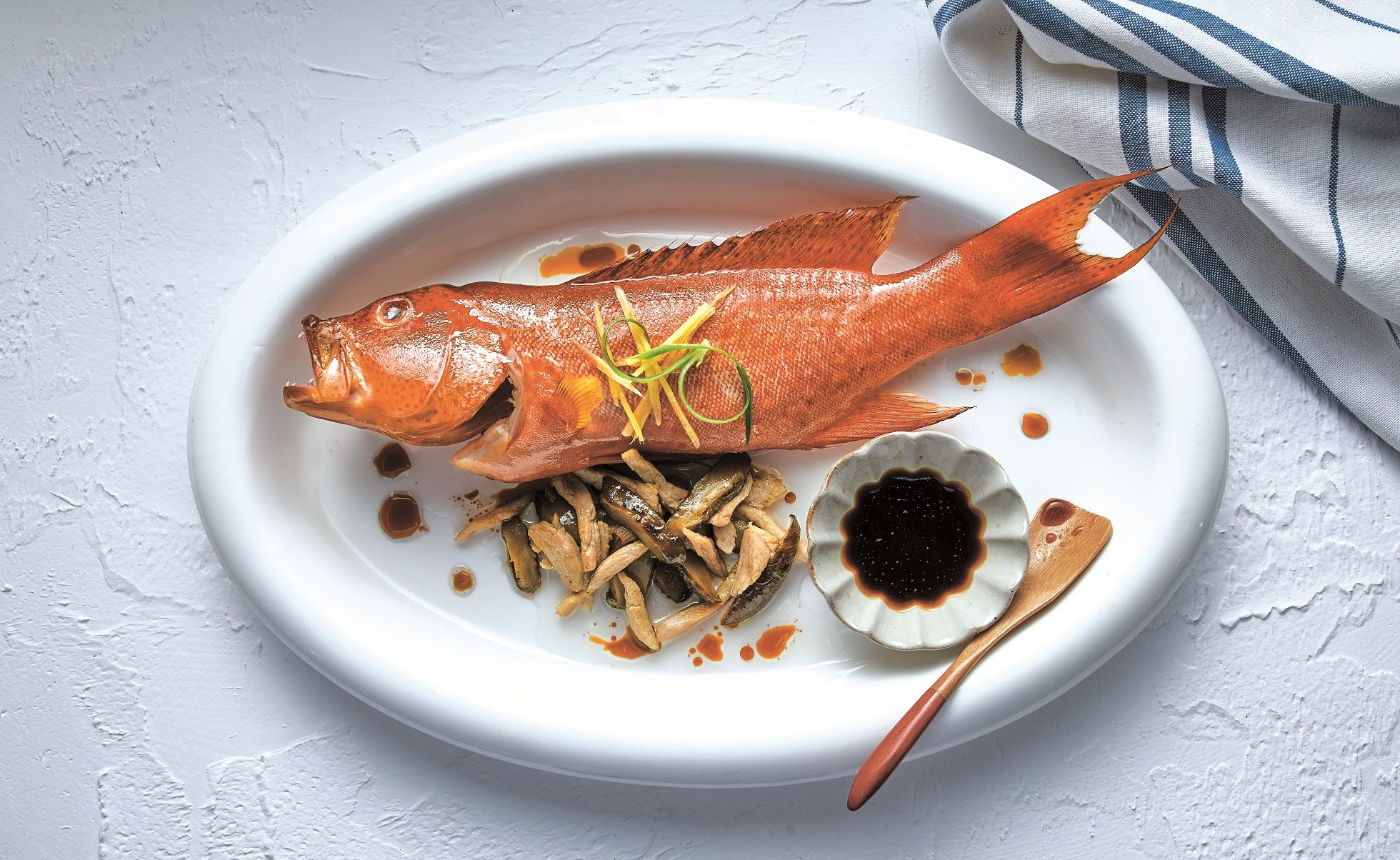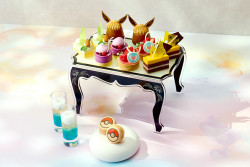
February 23, 2023
Based in Japan: Grace Choy
ChoyChoy Private Kitchen Serving up Hong Kong Dishes in Tokyo
It’s been more than a decade since Grace Choy quit her office job to open her first restaurant in Hong Kong. With little formal training in cooking, it was a big risk and things took a while to get going. Eventually, though, word got around about an intimate dining establishment serving sumptuous dishes and the place started filling up.
Recognized by CNN as one of the top 10 best hidden private kitchens in the city, the business went from strength to strength. Then Choy and her husband decided to up sticks and head to Japan. The move has proved a successful one, with her cozy restaurant in Naka-Meguro garnering quite a reputation. We recently met with the highly-respected chef to hear about her career so far, her life in Japan and her award-winning cookbook.

Metropolis: Was it always your ambition to become a chef?
Grace Choy: No, it wasn’t something I seriously considered in my younger days, even though I was always interested in my mother’s cooking. I particularly liked her steamed minced pork with preserved vegetables, tomatoes, shrimp and fish. I tried to help her with rinsing the rice and things like that, but I would often just make a mess.
It was fun watching her create dishes and while I did dream about having my own kitchen, I never saw a career for myself in cooking. After finishing school, I went to London where I studied for a secretarial diploma before doing office jobs in Hong Kong. I didn’t start working as a chef until 2011, when I was already in my 30s.
M: Why did you decide to change your career path at that point?
GC: The idea came from my husband. In 2010, he said to me, “You like cooking, why don’t you open your own kitchen?” Immediately, I was interested. I enjoyed studying to be a secretary and the work wasn’t too bad, but it wasn’t something I had control over. The tasks were dictated by others. Running a kitchen was something I could do for myself, without other people commanding me.
I’m generally absent-minded and was sometimes scolded by old bosses. When it comes to cooking, though, I’m a different person. So focused. With that in mind, I felt running a kitchen was something I could do. It’s not a stable way to make a living, but my husband’s words gave me encouragement to go for it.

M: What were the biggest challenges you faced when starting out?
GC: Starting any new business is a big risk and things didn’t begin well. I invested all the money from my savings to create this humble kitchen, but for half a year there were hardly any customers. It looked like we’d made a mistake by opening the restaurant and part of me wanted to give up.
I discussed the situation with my husband, and we cautiously decided to continue. We still had cash flow for six months, so we both felt it was worth carrying on for a while longer. If things hadn’t picked up after that, I would have gone back to working in an office. Luckily, the kitchen started getting attention from people in the media.
M: Was it the CNN article that helped rescue the business?
GC: It was actually before that. Things started taking off after Radio Television Hong Kong (RYHK), a station owned by the Hong Kong government, did a short documentary about our shop, which was basically a two-story house with a small restaurant on the first floor and a kitchen on the second, that I rented out so people could cook there.
After that, other media, including some from Japan, started covering me and my business. The CNN piece was also important. I’m not someone who goes looking for attention, but, of course, it’s great when it comes. Getting recognition on a platform that’s seen by people all over the world was a major boost.
M: Why did you decide to move to Japan?
GC: My husband and I felt we were in our comfort zone in Hong Kong and thought we needed a new challenge. Also, not having any children meant that we had the freedom to leave home and try out a new country. We both loved Japan, so that seemed like a good option.
Of course, Japanese cuisine was a big attraction. I’ve loved it since I was young. My main objective in coming here, though, was to cook Hong Kong-style Chinese food using Japanese ingredients. I believed there weren’t many other people doing that.
M: What was it like settling in Japan?
GC: The biggest difficulty was, and still is, the language barrier. I’m not good at Japanese, but fortunately, people have always been patient with me. Generally speaking, it’s been comfortable living and working here. It might sound surprising, but I find it more relaxing than Hong Kong as the pace of life is slower.
From a business perspective, things have gone well. We started by going back and forth between Japan and Hong Kong in 2018. I collaborated with Japanese restaurant groups and did pop-up stores. Then one of the groups invested in the business and, in March 2019, we opened a restaurant in Nishi-Azabu. That was a success and they hoped I would continue, but I wanted to go out on my own. I then opened ChoyChoy Private Kitchen in Naka-Meguro in 2020.

M: What makes ChoyChoy Private Kitchen special?
GC: The food [laughs]. Of course, I am biased, but I think the taste is good. Also, there are only four seats. This creates a cozy atmosphere. You’re dining out, but eating in a private space that feels a little like you’re at home. It used to be an open kitchen, but I decided to change that so it’s separate now. It’s still an interactive experience as I go out and talk to the guests, which is a part of the job I really enjoy.
M: What would you say was your best dish?
GC: Soy sauce chicken. I was worried about making it when I first came here because Japanese ingredients are so different. The radish, the meat, everything. The skin’s very thin compared to what I’m used to in Hong Kong, so when heating the chicken and mixing in the soy sauce it would tear off. I had to study a lot to get it right. It took me some time and was a real challenge, but I’m used to doing it now.
M: How did it feel when “Grace’s 60 Recipes” was honored at the Gourmand World Cookbook Awards?
GC: I got an email telling me I won an award for the World’s Best Female Cookbook and assumed it was fake [laughs]. Then someone told me it was true and I still couldn’t believe it, especially as it was a self-published book. I raised money for it through a Kickstarter campaign and a few people contributed to making it.
It was a big project for me, but I didn’t sell it in bookstores. I only sent copies to people who supported me, though that extended to 26 countries. The people from Gourmand then asked me for one and ended up awarding me for it. The ceremony took place in Macau and was lots of fun.







